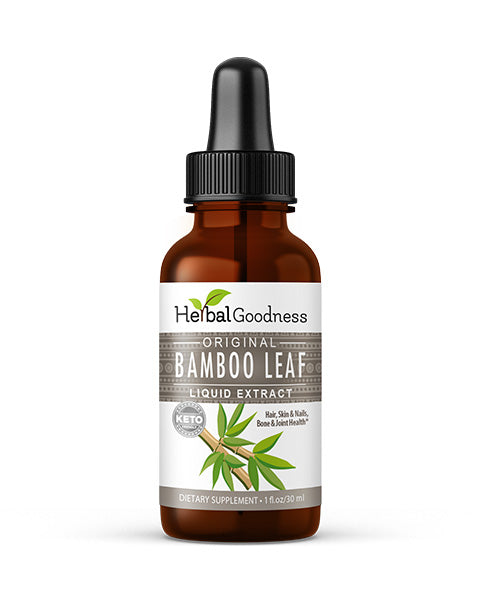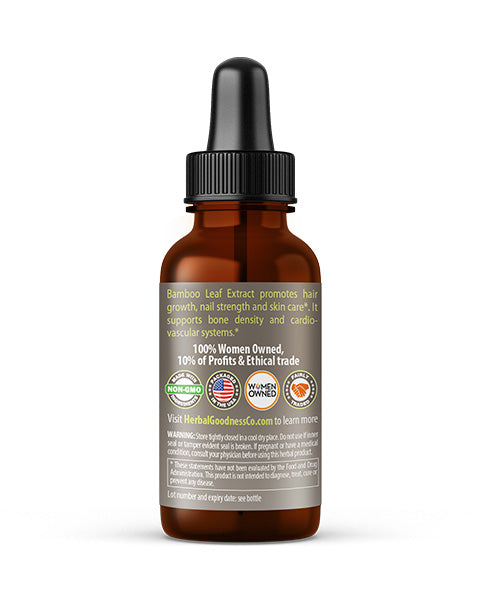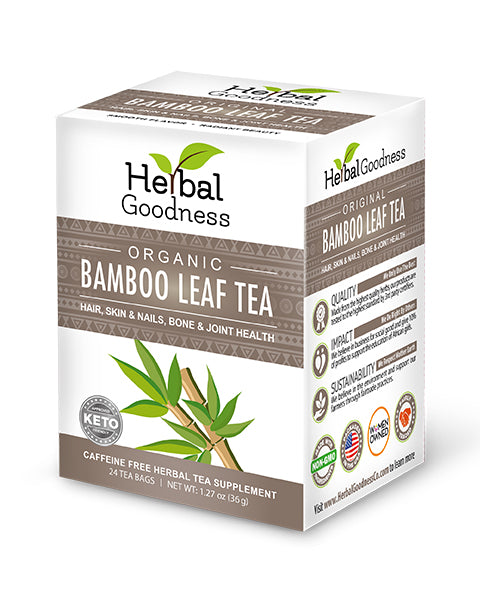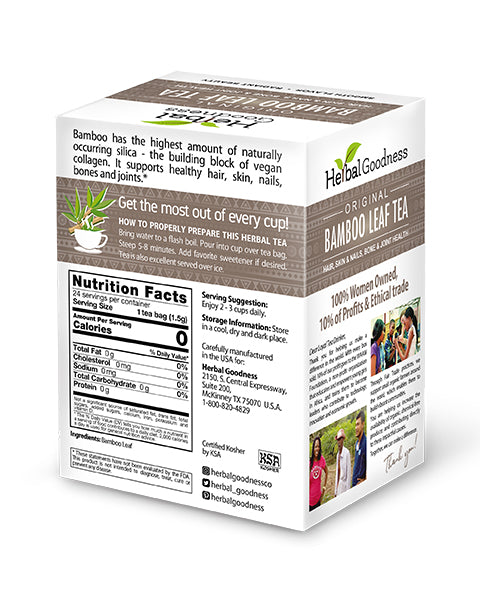Menopause Tips: 7 Natural Remedies for Mastering Menopause Symptoms | Herbal Goodness
The late 40s to mid-50s are a dreaded stage in most women’s lives, as that mostly means one thing: the dreaded M-word, menopause.
Depending on the individual, menopause symptoms can vary as the levels of progesterone and estradiol start to decline as the ovaries begin the process of shutting down.
But girls, it’s inevitable.
Initially, women tried to deal with menopause symptoms like irritability, fatigue, hot flashes, mood swings, and night sweats by turning to hormone therapy.
But, in many cases, this may be risky.
Many women are thus substituting estrogen therapy with natural remedies to manage bothersome menopause symptoms.
Here are 7 ways to do that, although we should point out the effectiveness of these menopause tips will vary from one individual to the next.
Avoid Trigger Foods
Some menopause symptoms like night sweat, hot flashes, and mood swings can be triggered by consuming certain foods.
These include caffeine, alcohol, and spicy or sugary foods.
We know, a glass of wine after dinner is an enticing proposition once in a while, but if you feel it is a trigger for your symptoms, it is good to reduce the glass size or, if you can, eliminate it completely.
The same goes for any other food or drink.
While we are speaking of trigger foods, it is also recommended to reduce the intake of refined sugar and processed foods, as these are bound to make you more tired and irritable than usual.
Calcium and Vitamin D are your Best Friends
During menopause, your bones are more likely to weaken due to hormonal changes that can also cause osteoporosis.
Calcium and vitamin D are directly linked to bone health, so regular inclusion of these in your diet can only do your body good.
Calcium-rich foods include dairy products like milk, yogurt and cheese, green leafy veggies like spinach, kale and collard greens. Tofu, sardines, and beans are also high in calcium, as are calcium-fortified foods that include certain cereals.
In addition to sunlight, foods rich in vitamin D include eggs, oily fish, cod liver oil and foods fortified in this vitamin.
Regular Exercise
As trite as it may sound, making it a point to exercise regularly is one way to effectively master menopause symptoms.
While evidence is still scanty on whether exercising can treat symptoms like hot flashes and night sweats, one thing about exercise is it can manage other menopause symptoms like fatigue, anxiety, low mood, and poor sleep.
What’s more, regular exercise will help you maintain a healthy body weight which, as studies have shown, is likely to keep symptoms like hot flashes and night sweats at bay.
Exercising will always be a win.
Consume Foods Rich in Phytoestrogens
Phytoestrogens are naturally occurring compounds in plants which, if consumed, can mimic the effects of estrogen in our bodies.
In other words, they could help balance hormones.
Consumption of phytoestrogen-rich foods in Asian countries like Japan is considered one of the reasons hot flashes are not a common symptom for women in those countries.
Such foods include tofu, black cohosh, soybeans and soy products, flaxseeds, sesame seeds, linseeds, tempeh, and beans.
For best effect, it is advised to stick to real food sources of phytoestrogen as opposed to processed foods or supplements.
Don’t Skip Meals
Okay, this sounds pretty straightforward. But irregular eating habits have been found to worsen some symptoms of menopause.
Not only that, eating regular meals hinders weight loss efforts, which in turn exacerbates symptoms like hot flashes and night sweats.
Mind-Body Techniques
One of the most effective menopause tips to counter the symptoms is practicing relaxation techniques such as massage, yoga, meditation, acupuncture, tai chi and so on.
The common link in these relaxation practices is that they help boost the quality of life by promoting emotional, mental, and spiritual health, which has a trickle effect on the physical.
Anxiety becomes minimal, you are able to manage stress positively, quality of sleep boosts and symptoms like hot flashes and night sweats decrease significantly – all benefits that have been proven in studies touching on menopausal symptoms.
Healthy Fats and Fatty Acids
Women going through menopause are advised to consume diets rich in omega-3 and omega-6 fatty acids, as this is important for heart health.
Not that menopause causes heart disease, but certain heart disease risk factors (high cholesterol and high blood pressure, for instance) increase post-menopause.
Omega-3 fatty acids are especially beneficial in keeping the level of triglycerides low. Triglycerides are the main constituent of body fat in our bodies.
Final Note: Every woman’s journey is unique, and what works for one may not work for another. Explore these approaches and notice how your body responds.
Herbal Goodness Support: Our Female Support – Liquid Extract is carefully crafted with herbs traditionally used to nourish balance and overall wellness during this stage of life. Add a few drops to water, tea, or smoothies to seamlessly support your daily routine.
Ready to embrace natural balance? Discover the Female Support – Liquid Extract and more in our Female Support Collection today.
Related: Understanding Women's Hormonal Balance: The Role of Natural Herbs and Partner Support
Click here to explore Herbal Goodness Female Support Collection













